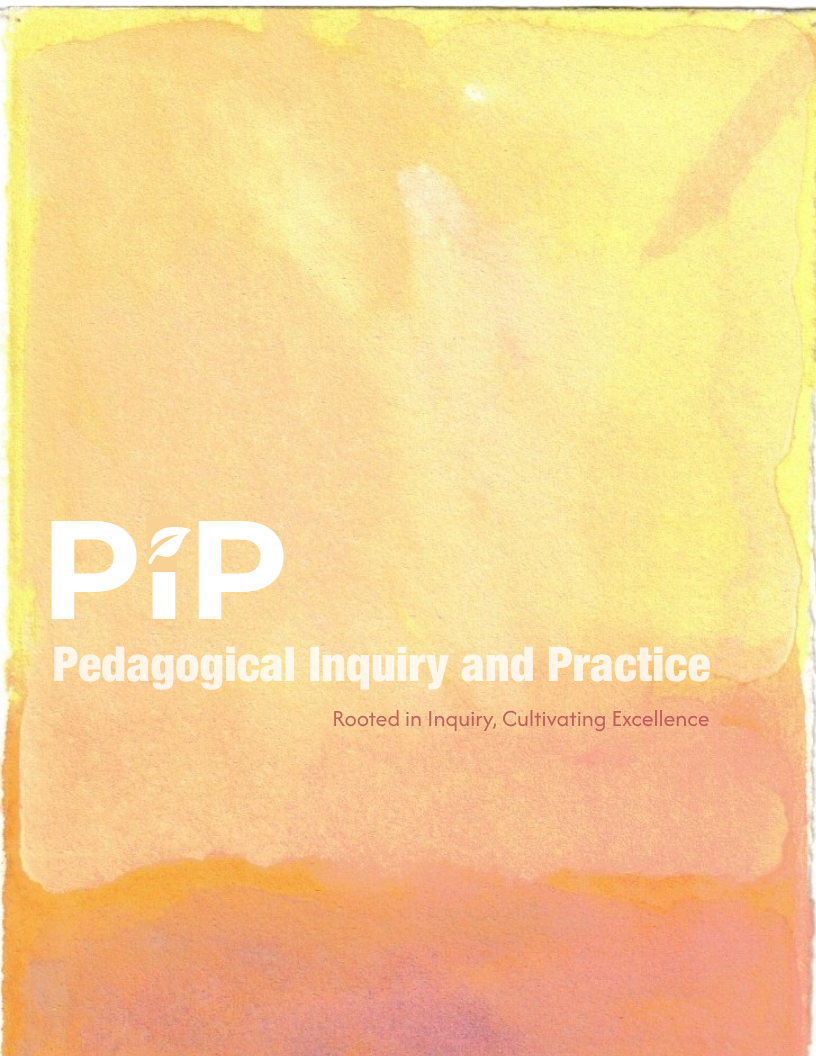Unmasking Chatbots' Multiple Personalities: A Student-Faculty Collaboration
DOI:
https://doi.org/10.31542/qjkrkx86Keywords:
design, human-AI interaction, design process, design education, anthropomorphism, artificial intelligenceAbstract
Humans have long anthropomorphized non-human entities, attributing human characteristics to objects like cars, sports equipment, and dolls. This tendency has intensified with connected devices and generative AI tools that simulate human interactions, producing sophisticated, human-like responses. If AI tools were personified based on their interaction and communication styles, what personalities might they embody? How could they be visually represented? What pedagogical opportunities could they reveal? These questions initiated the first phase of a practice-led project exploring AI personifications through a creative, collaborative pedagogical approach involving design students and faculty members. During an undergraduate design course, the faculty-student team used several generative AI tools for a project and reflected on their interactions by identifying various personalities the AI embodied. Each personality was named, described, and visually represented using generative AI illustration tools. The team identified six AI personalities: the assistant, the angel, the erudite, the slacker, the bullshitter, and the stalker. This project aims to contribute to emerging discussions about AI integration in education by offering a creative approach to support students and instructors who are navigating rapidly evolving technological interactions. By anthropomorphizing AI interactions, the team sought to enhance understanding of human-AI dynamics and potentially help develop AI literacy skills. The team also explores and reflects on a pedagogical approach that emphasizes student and faculty collaboration, creating a shared learning environment through a creative knowledge-building activity. This article presents the first phase of the project, offering early findings, exploring potential educational implications, and presenting future research directions.
References
Downloads
Published
Issue
Section
Categories
License
Copyright (c) 2025 Pedagogical Inquiry and Practice

This work is licensed under a Creative Commons Attribution-NonCommercial 4.0 International License.


